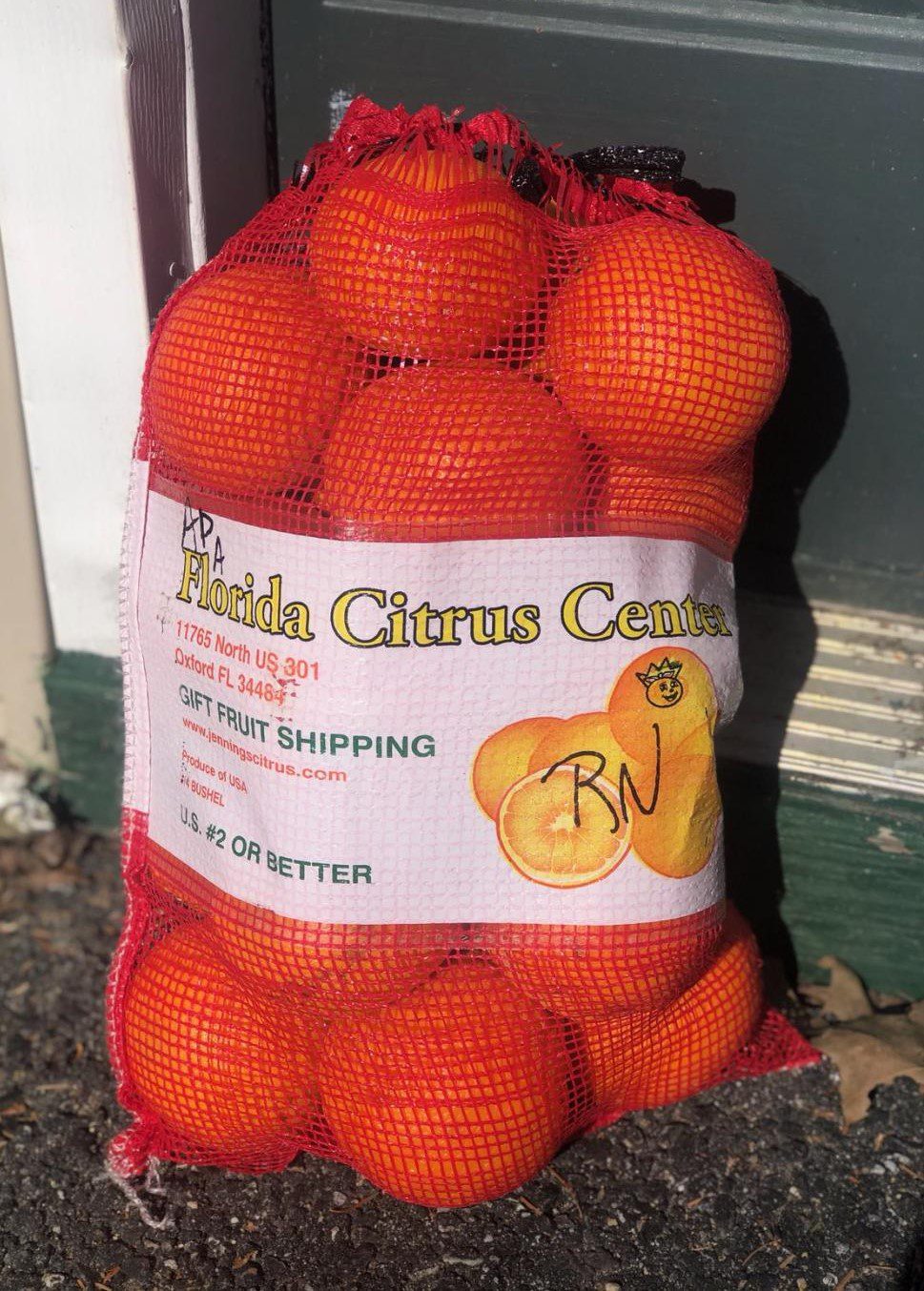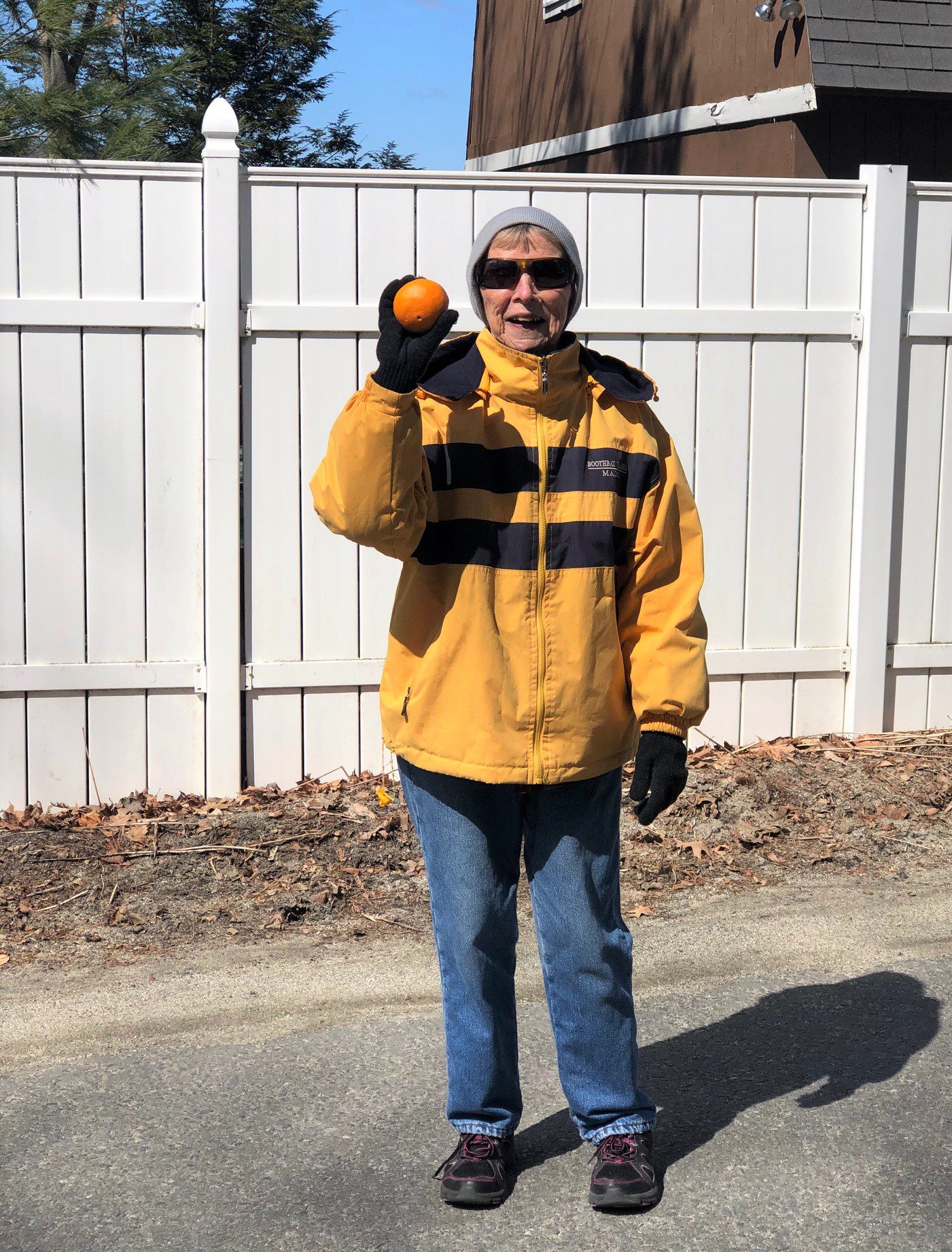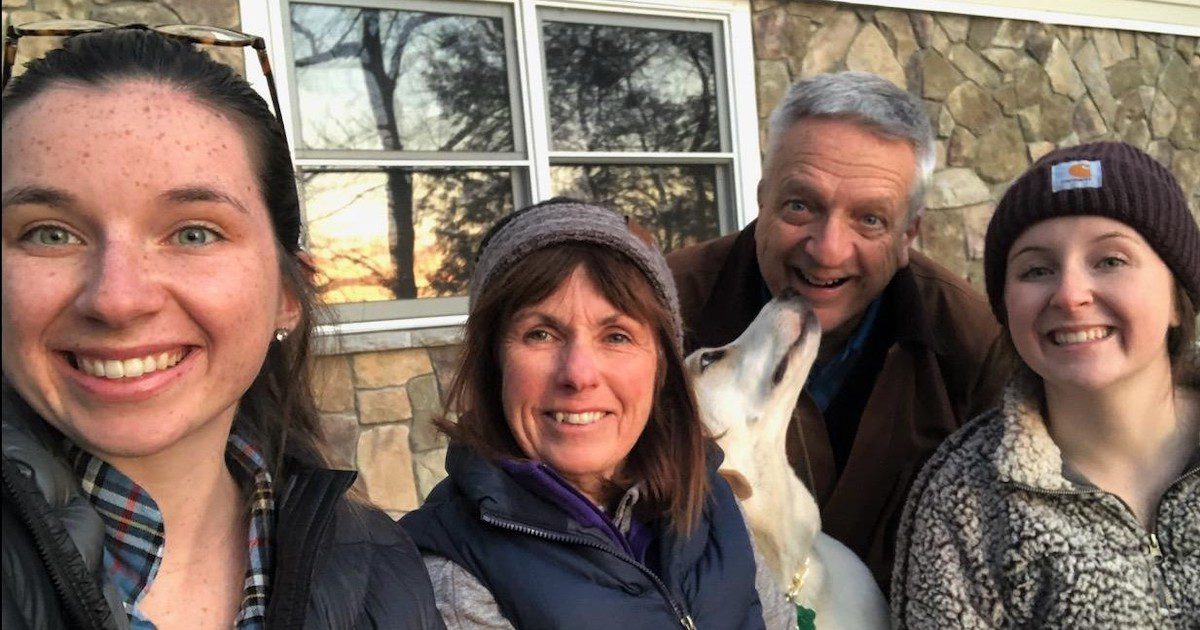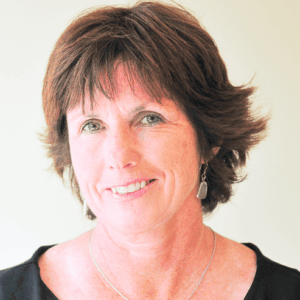I open my daughter’s door in the darkness.
Paco, the family hound, barks. Startled, Nora jumps from bed. She blinds me with her cellphone flashlight, thinking I am a home invader.
“Mom!” she yells, looking at her phone clock. “It’s 2 a.m.! You’re a freak. This isn’t normal.”
I gently close the door, whisper good night and consider my daughter’s words.
There is no normal anymore.
For the past six weeks, my morning has begun at 2 and 3 a.m. My new sleeping pattern concerns my husband and two daughters.
“You’re going to get sick,” they warn. “You need more sleep.”
But what I crave is calm. At 2 and 3 a.m., it is quiet, dark, still.
As the virus sweeps across the globe, the U.S. and my home state of Maine, my anxiety spikes with each devastating report. Nearly 800 Italians die in 24 hours. Overwhelmed hospitals and medical workers without protective gear. Faulty tests, not enough tests; more than 4,500 Americans dead as of Wednesday with a predicted 235,000 more to die.
And recently: Isolation will continue for months longer, maybe into summer and beyond. A second wave, a resurgence of virus infections and deaths expected in the fall.
It is the unknown, the uncertainty, the open-ended war over a virus that has upended the world, that prompts me to rise during the so-called witching hour. Waking when the night is darkest offers a solitary six hours to write, to reflect, to find my way to a ‘new normal.’
This global impact, the collective loss of our old lives, the devastation to the economy, jobs, relationships, routines is unprecedented, grief experts say.
“Never before have billions collectively experienced so many types of grief at the same time,” explained grief expert David Kessler in a National Public Radio interview. “In the strangest way, we are experiencing the sudden death of a world we knew.”
Grieving over this drastic change, Kessler said, is normal, natural.
I find comfort in knowing my fear, my anxiety, concern for the well-being of my family, my 84-year-old mother, my crying jags over a song, a computer glitch, burnt toast, is ‘normal.’
To combat the loss I create new routines: live-stream gym and yoga classes; Facetime the mother I want to visit, to hug, to comfort; take long and multiple walks with Paco, walks in which I converse with anyone and everyone who comes across my path.
Like millions of others, I scroll through my social media posts, connecting with friends, searching for a message, a meme that prompts laughter, hope.
One morning I click on a news story, ‘Italy Sees Signs of Slowing Contagion.’ Rather than offer hope, the post shows a video of coffins lined up in a church. I quickly exit, panic ensuing. I inhale deep yoga breaths. Inhale for 4 seconds, hold for 7, exhale for 6.
Shaken, I click on another Facebook post of a Kentucky church bell ringer sharing a musical rendition of the Lord’s Prayer. The ringer shakes the bells with exuberance, expertise. I cry for the beauty, for the anonymous man who shares his gift.

I crave stories of courage, COVID kindness.
A chaplain at the University of Washington Medical Center in Seattle, Mike Yonkers comforts COVID-19 patients, their families and hospital staff. Yonkers struggles with the virus restrictions, including the inability to pray over a dying patient. In an NPR interview, the priest explained his dilemma when a family asked him to pray for a dying relative.
“I thought I can’t physically go in the room to pray over them, but I can get creative another way,” Yonkers said.
Yonkers gathered details about the dying man and wrote a special prayer for him. The priest and family stood outside the patient’s room, reciting the prayer.
“Then the nurse who can go into the room brought (the prayer) in and hung it over this (patient’s) head,” Yonkers said. “They taped it or strung it up or whatever. But I know that the prayer is over this person.”
To bolster his emotions, Yonkers draws from his spiritual strength, accepting that people and societies must endure exile, time alone in a COVID wilderness.
“And when you’re in that wilderness,” Yonkers said, “you can still work for the peace or the shalom of wherever you live for your neighborhood.
“And my words of hope are really just that,” Yonkers added. “Anyone can be a peace bringer during this time … it’s similar to Mister Rogers, where he says ‘look for the helpers.’ But look for the peacemakers … you can be a peacemaker at this time, too.”

I sit in the dark listening to Yonkers, finding solace in the notion of peacemakers. I am not a doctor, a nurse, a priest, or a police officer on the front lines of the pandemic, but I can be a helper, a peacemaker.
In the early-morning hours, I bake, cook and create comfort food for my family. I give thanks for having shelter, warmth and my two college daughters safely reunited in our home. During my daily dog walks, I chat and check in with neighbors, strangers, elderly who live alone.
On a recent afternoon I stuff Florida oranges in my pockets. Thanks to thoughtful neighbors returning from vacation, I have a large bag of the sweet fruit, and I want to share this gift. On my walk I leave an orange on the porch of a friend from Spain, who has lost several to the virus.
When I encounter a fellow walker, an elderly woman whose husband died years ago, I holler across the street to her.
“I’ve got something for you,” I tell her.
She smiles when I pull out an orange and toss it to her.
“Thank you,” she tells me. “I will enjoy this.”
In the ensuing months, as the pandemic unfolds, I know I will continue to cry, to laugh, to panic, to breathe … inhale 4, hold 7, exhale 6.
I do not know how long I will continue to rise at 2 a.m., the so-called witching hour, a time associated with paranormal events, when witches, demons and spirits are most powerful; a time when the Catholic Church once prohibited activity, fearing evil.
I do not know how long a virus that some have called ‘truly malevolent’ will last.
I only know that the 2 a.m. darkness does not hold sway.
The shadows always surrender to the morning light.







